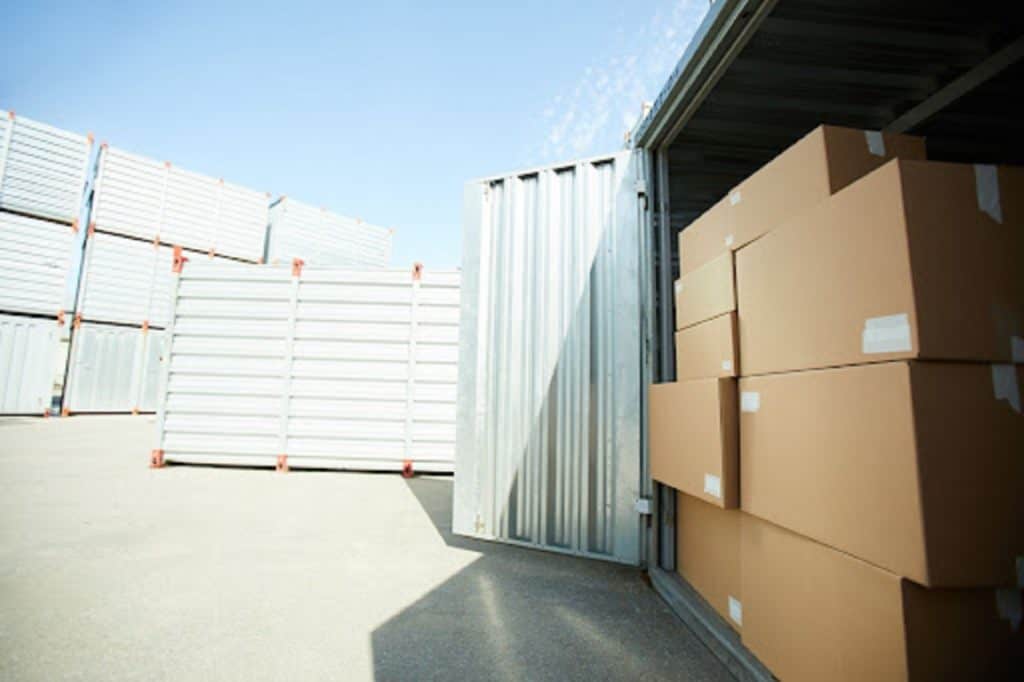Import tax may apply to goods brought into Australia from overseas with the intention of being sold in Australia.
While personal goods and software downloaded from other countries don’t require a formal import declaration, goods with a value of over 1000 Australian dollars require an import declaration, and Australian customs duty and taxes are charged at the border.
Some goods are charged with customs duty and taxes no matter their value, and some aren’t allowed into Australia at all.
Here’s a breakdown of everything you need to know about import tax in Australia.
Australian Import Tax Laws
If a business is registered for goods and services tax (GST), the same GST rules apply when purchasing services, digital products, and low-value imported goods from other countries as when they are purchased in Australia.
This ensures that overseas suppliers don’t get drawn into our GST system. When a supplier makes a sale to an Australian GST-registered business, the purchaser – rather than the foreign supplier – must determine whether GST is payable.
Remember, GST doesn’t apply to any services, digital products, or low-value imported goods that are purchased to use within the business. However, GST applies if the business isn’t GST-registered.
You can state to the supplier that you are registered for GST and provide them with your Australian business number (ABN). Doing this will prevent them from charging your business GST.
Goods purchased for personal use don’t require an ABN or GST registration to be provided. Providing this information will lead to paying GST under the reverse charge.
Take note that penalties apply if you try and evade import tax by providing a supplier with false information, such as producing an ABN without being GST-registered.
When You Need To Pay GST
As a business, you are required to pay GST if:
- You are registered for GST.
- If you were charged GST (for personal use or input taxed purchases), you would not be able to claim the full GST credit.
- You imported services, digital products, or low-value goods.
- The goods are not GST-free.
Where the reverse charge is applicable, you pay the GST and claim back the GST amount.
If you are buying imported goods for personal use, the reverse charge will also apply if you provide your ABN and a GST registration.

How Much GST Must Be Paid?
GST is 10% of the value of the taxable importation (VoTI).
VoTI is calculated by adding:
- the imported goods’ customs value;
- the amount paid for the goods’ international transport to the place of consignment in Australia;
- transport insurance not already included in the customs value;
- customs duty; and
- wine equalisation tax.
Because there are three types of duty, there are as many types of VoTI within the Integrated Cargo System (ICS).
Here are the formulas to calculate the different types of VoTI as per the Australian Border Force:
- Line VOTI Amount = Line CVAL Amount + Line Duty Amount + Line Countervailing Duty Amount + Line Dumping Duty Amount + Line T&I Amount + Line WET Amount
- Line Standard VOTI Amount = Line CVAL Amount + LineStandard Duty Amount + Line Countervailing Duty Amount + Line Dumping Duty Amount + Line T&I Amount + Line Standard WET Amount
- Line General VOTI Amount = Line CVAL Amount + Line General Duty Amount + Line Countervailing Duty Amount + Line Dumping Duty Amount + Line T&I Amount + Line General WET Amount
Goods Amounting To $1000 or Less
Australian customs duty, taxes, and charges are dependent on:
- The value of the imported goods, and
- How the goods arrive in Australia.
Low-value imports are goods with a value of $1000 or less. GST may apply to these goods.
If they arrive in Australia by sea cargo or air, they require a Self-Assessed Clearance (SAC) Declaration from the cargo company or freight forwarder. If the goods arrive by post or mail, they don’t need a SAC declaration.
The Australian Border Force (ABF) is the first port of call for customs clearance of imported goods when they arrive in Australia. All goods must be declared to the ABF.
Goods Amounting To More Than $1000
Importing goods into Australia amounting to more than $1000 requires lodging an Import Declaration.
You will also be required to pay for the Import Declaration, as well as the customs duty and taxes for your goods.
Take note that refunds of customs duty on imported goods returned to the supplier because they don’t fit or you change your mind don’t apply unless you apply for a drawback of the duty paid.
Key Takeaways
If your business is registered for goods and services tax, the same GST rules apply when importing low-value goods, services, or digital products from other countries as when they are purchased in Australia.
GST doesn’t apply if these things are purchased to be used within the business, but it does apply if the business isn’t GST-registered.
Goods imported into Australia for personal use don’t require an ABN or GST registration to be provided. If you supply this information, it will lead to GST payable under the reverse charge.
The GST payable is 10% of the VoTI. Australian customs duty, taxes, and charges are dependent on the value of the goods and how the imported goods reach Australia. If the goods’ value is more than $1,000, they require an Import Declaration.
There are a lot of things to consider if you want to import goods into the country. Besides the insurance costs and customs duties, you need to be aware of the import GST, too.
It can therefore be beneficial to employ the services of a licensed customs broker. KNS Accountants can provide payment advice and guidance to ensure you remain compliant with all tax laws and regulations. Contact us today to get started.
Disclaimer
Please note that every effort has been made to ensure that the information provided in this guide is accurate. You should note, however, that the information is intended as a guide only, providing an overview of general information available to contractors and small businesses. This guide is not intended to be an exhaustive source of information and should not be seen to constitute legal or tax advice. You should, where necessary, seek your own advice for any legal or tax issues raised in your business affairs.






